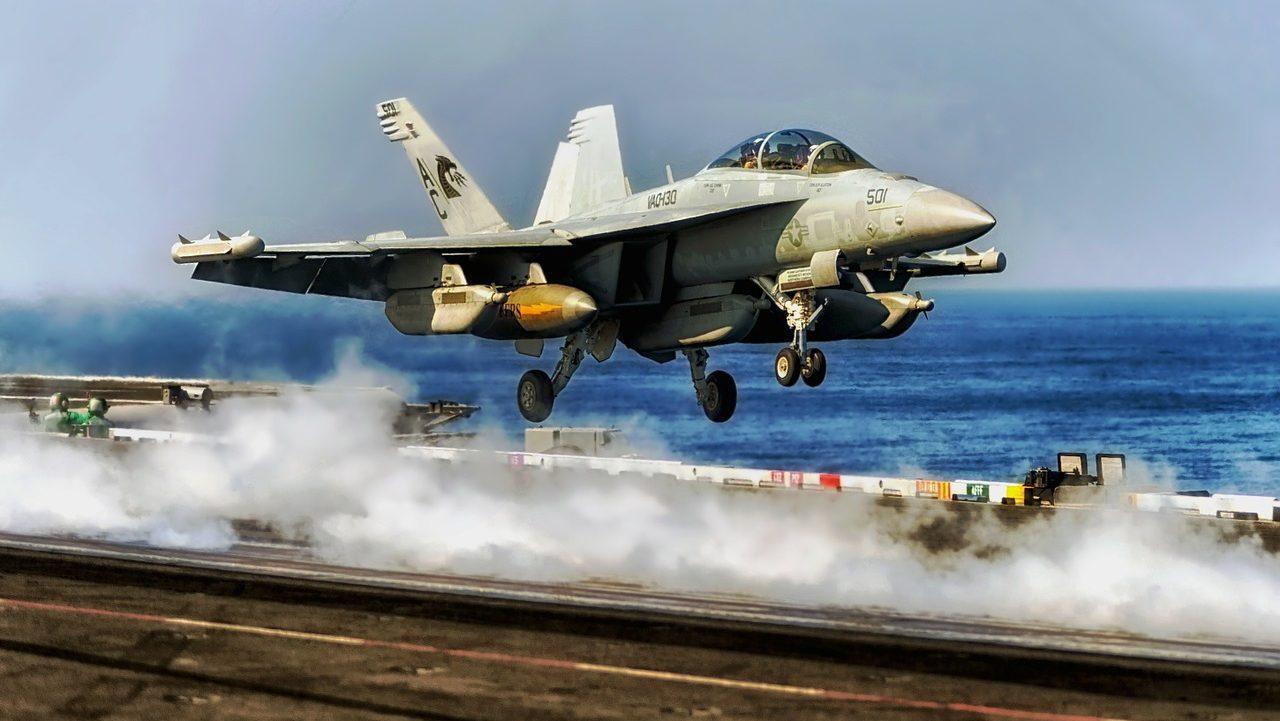The United States no longer has a military dominance in the Pacific and will find it increasingly difficult to protect their allies against China. This is according to a report from an Australian think tank.
The United States Studies Center of the University of Sydney describes the US military in the very critical report as an “atrophying force” that is “dangerously overstretched” and “ill-prepared” for a confrontation with China.
Allies
If that evaluation is correct, it can have far-reaching consequences for the American allies in the region. Australia, Taiwan, and Japan, among others, are partially dependent on guarantees from Washington for their security policy.
The America First policy of President Donald Trump leads to even more anxiety among the US allies, as they fear that Washington will be less inclined to defend them in the event of possible aggression from China.
The authors of the study talk about Washington’s “strategic insolvency”: “The wars and military engagements in the Middle East, combined with too low investment in the Asia-Pacific region, have led the left Pacific allies exposed.”
On the other hand, “China, by contrast, is growing ever more capable of challenging the regional order by force as a result of its large-scale investment in advanced military systems,” the authors say. Under Xi Jinping’s presidency, China’s official defense budget has increased by 75 percent to $178 billion. But it is believed that Beijing is investing a lot more in its army.
Landing strips
“Almost all bases, landing strips, ports and military installations of the US and allies” lack reinforced infrastructure, it still sounds. As a result, China has the military capacity to eliminate those military posts with precision attacks before the US has time to intervene. Experts believe that the deployment of US land-based missiles and a changed role for the United States Marine Corps will be vital to countering China, as well as a collective regional defense – with the likes of Australia and Japan acting more.
In Australia, concerns have been growing about inadequate defenses, prompting debate about whether the country should think about developing nuclear weapons. Similar discussions have periodically taken place in neighboring Indonesia.
A separate report released on Sunday by the Australian Strategic Policy Institute recommended Australia boost and harden military capabilities in the small-populated north of the country. “Because of the significantly reduced warning times for future conflict,” wrote author John Coyne, it is likely the north of Australia will be used as a forward operating base or a “lily pad” to reach conflict zones.
The US military has already earmarked around US$210 million to boost a Marine Corps base near Darwin. During a recent visit to Australia, Defense Secretary Mark Esper suggested the United States wants to deploy intermediate-range missiles in Asia. So far, the Australian government has stressed it has not received a formal request to host those weapons.
